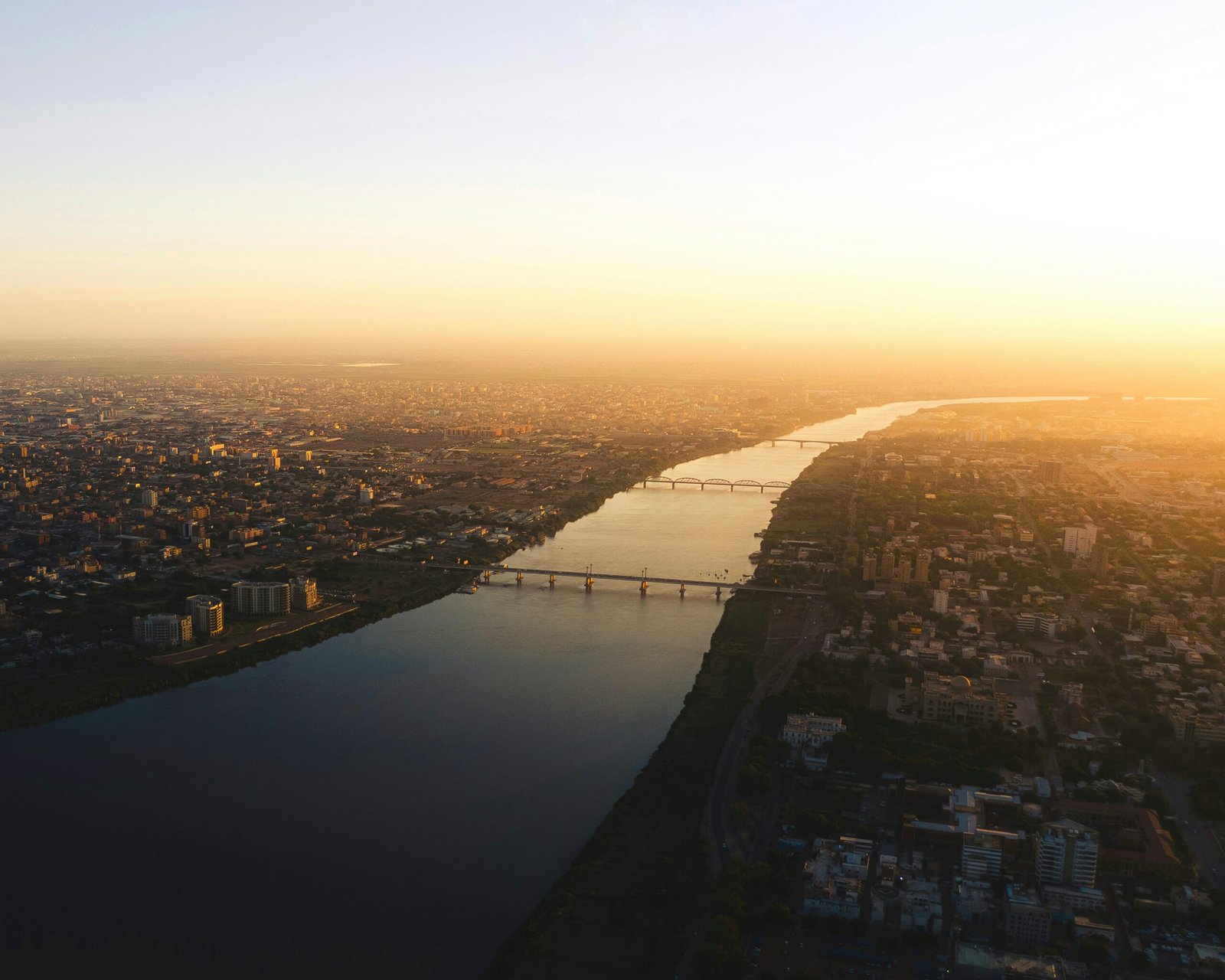Introduction
Welcome to Sudan, a country located in northeastern Africa. With its rich history, diverse culture, and stunning natural landscapes, Sudan offers a unique experience for visitors. Whether you’re planning a vacation, considering a business venture, or looking to study or work here, this guide will provide you with all the essential information you need.
Location and Surface Area
Sudan is situated in northeastern Africa, bordered by Egypt to the north, the Red Sea to the northeast, Eritrea and Ethiopia to the east, South Sudan to the south, the Central African Republic to the southwest, Chad to the west, and Libya to the northwest. It covers a vast area of approximately 1,886,068 square kilometers, making it the third-largest country in Africa.
Climate
Sudan experiences a hot desert climate in most parts of the country. Summers are scorching, with temperatures often exceeding 40°C (104°F), while winters are generally mild and pleasant. The northern regions are arid, while the southern regions receive more rainfall, resulting in lush vegetation and fertile agricultural land.
Fauna and Flora
Sudan boasts a diverse range of flora and fauna. In the southern regions, you’ll find expansive savannahs teeming with wildlife, including elephants, giraffes, lions, and various species of antelope. The country is also home to the Nile River, which supports a rich ecosystem, including crocodiles and hippos. In the desert regions, you’ll discover unique plant species adapted to the arid conditions.
Attractions
From ancient archaeological sites to natural wonders, Sudan offers a wealth of attractions for visitors to explore. The ancient city of Meroe, with its well-preserved pyramids, is a UNESCO World Heritage Site and a must-visit for history enthusiasts. The Red Sea coastline offers pristine beaches and vibrant coral reefs, perfect for diving and snorkeling. For nature lovers, the Dinder National Park and the Sudd wetlands provide opportunities for wildlife spotting and birdwatching.
Population and Languages
Sudan has a diverse population of over 44 million people, comprising various ethnic groups and tribes. The official languages are Arabic and English, with Arabic being the most widely spoken. Additionally, numerous indigenous languages are spoken throughout the country, reflecting its cultural diversity.
Currency
The official currency of Sudan is the Sudanese Pound (SDG). It is advisable to exchange your currency for Sudanese Pounds upon arrival, as credit cards are not widely accepted outside major cities. ATMs can be found in urban areas, but it is recommended to carry cash for transactions in more remote locations.
Visa Requirements
Before traveling to Sudan, it is important to check the visa requirements for your country of residence. Most visitors will need to obtain a visa in advance, which can be obtained from Sudanese embassies or consulates. It is advisable to apply for the appropriate visa well in advance of your intended travel dates.
Culture and Customs
Sudanese culture is deeply rooted in traditions and customs. The people of Sudan are known for their warm hospitality and welcoming nature. It is customary to greet others with a handshake and a smile. Modest clothing is generally preferred, particularly in more conservative areas. It is important to respect local customs and traditions, such as avoiding public displays of affection and dressing modestly when visiting religious sites.
Main Cities
Sudan has several vibrant cities worth exploring. Khartoum, the capital, is a bustling metropolis where modernity meets tradition. Omdurman, located just across the Nile from Khartoum, is known for its vibrant markets and Sufi ceremonies. Port Sudan, on the Red Sea coast, offers a laid-back atmosphere and beautiful beaches. Other notable cities include Nyala, Kassala, and Wad Madani.
Airports and Airlines
Sudan is served by several international airports, with Khartoum International Airport being the main gateway for most visitors. Airlines such as Sudan Airways, Turkish Airlines, Emirates, and Ethiopian Airlines offer regular flights to and from Sudan, connecting it to major cities around the world. Domestic flights are also available, providing convenient access to various regions within the country.
Conclusion
Whether you’re drawn to Sudan for its rich history, diverse culture, stunning landscapes, or business opportunities, this country has much to offer. From exploring ancient archaeological sites to immersing yourself in the warm hospitality of the Sudanese people, a visit to Sudan will leave you with unforgettable memories. Plan your trip, obtain the necessary visas, and get ready to embark on a journey of discovery in Sudan.

